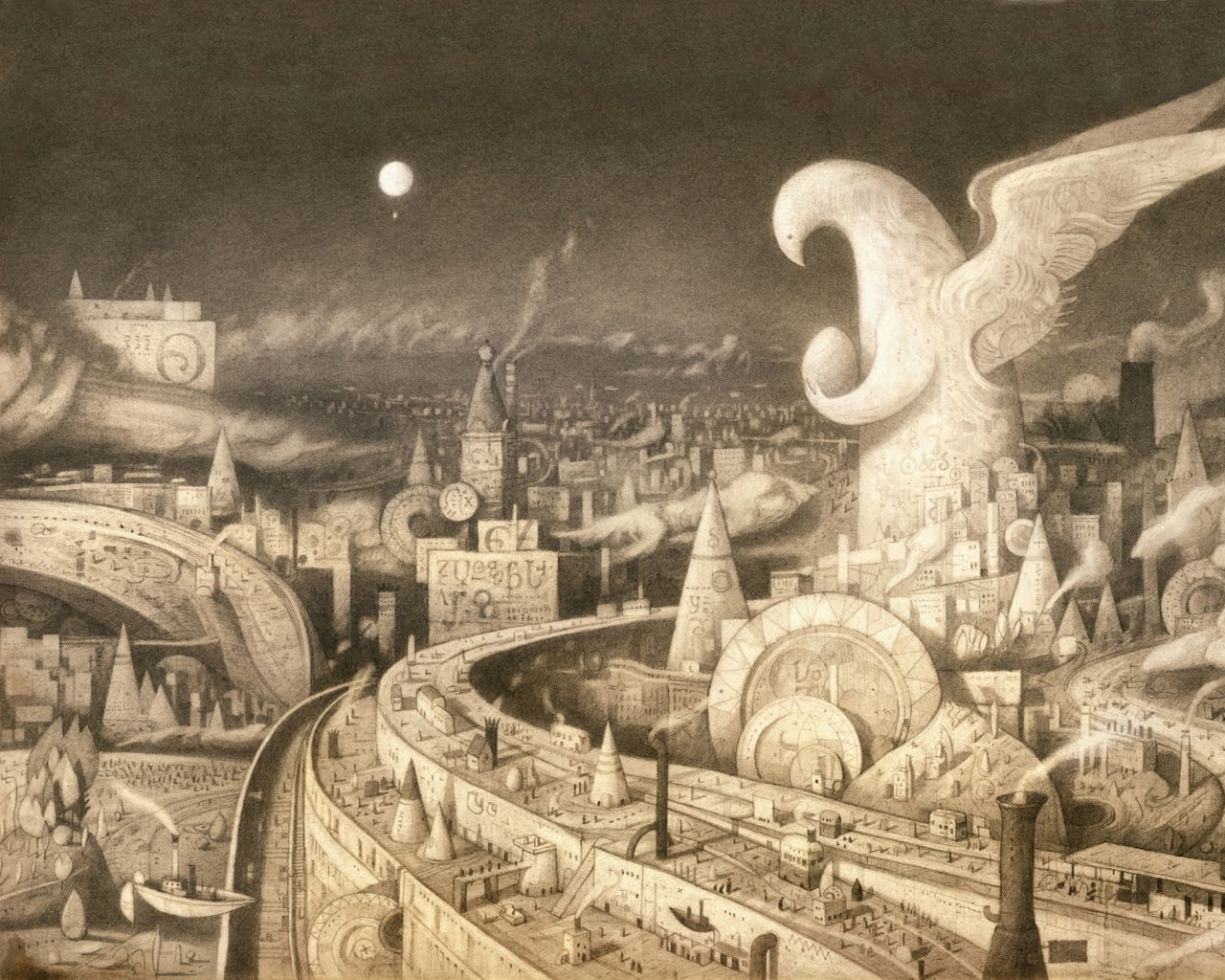My rating: 5/5
Book review:
When I was younger, I used to have a recurring dream about a world I haven't experienced in real life: I found myself in a place that was being bombed. I was hiding inside a house, a deafening noise around me; through the windows I could see the planes and hear the explosions. I was living intensely in a dimension that was at war; I felt the terror, the helplessness. I have no idea why I had those dreams. I haven't lived through a war, I don't know how bombardments feel like. But my dreams felt real nonetheless. It could have been my reality in another life, if I were to believe in it. Or it could be the reality of my dreams, a realm where my mind continues to live without my body.
Book review:
When I was younger, I used to have a recurring dream about a world I haven't experienced in real life: I found myself in a place that was being bombed. I was hiding inside a house, a deafening noise around me; through the windows I could see the planes and hear the explosions. I was living intensely in a dimension that was at war; I felt the terror, the helplessness. I have no idea why I had those dreams. I haven't lived through a war, I don't know how bombardments feel like. But my dreams felt real nonetheless. It could have been my reality in another life, if I were to believe in it. Or it could be the reality of my dreams, a realm where my mind continues to live without my body.









































